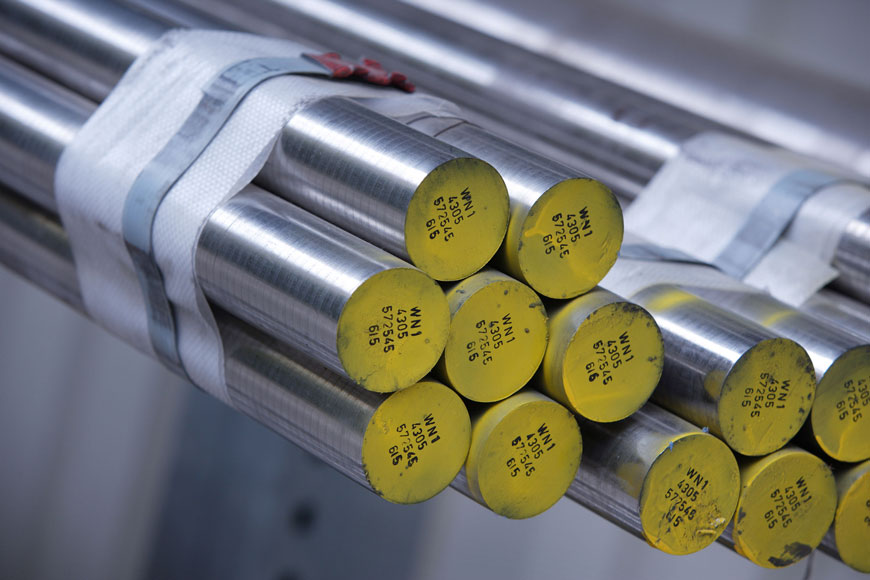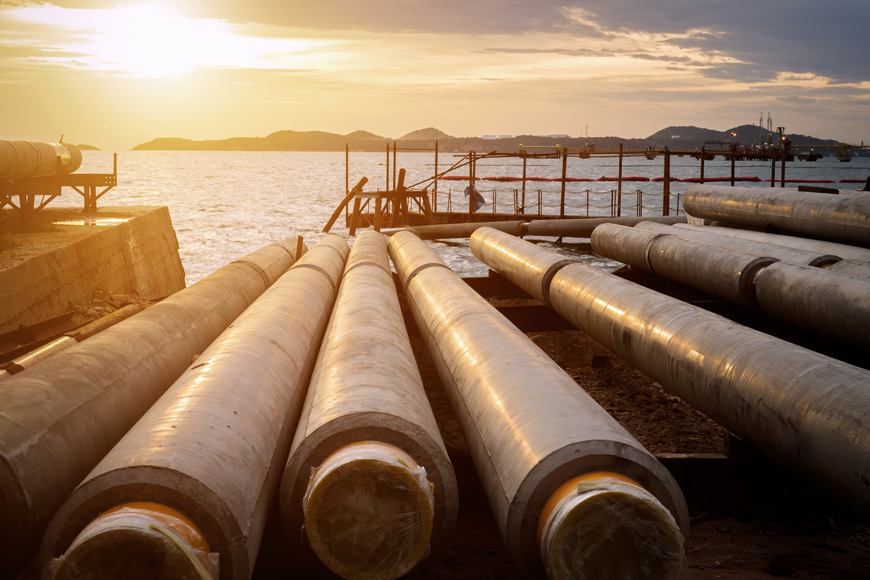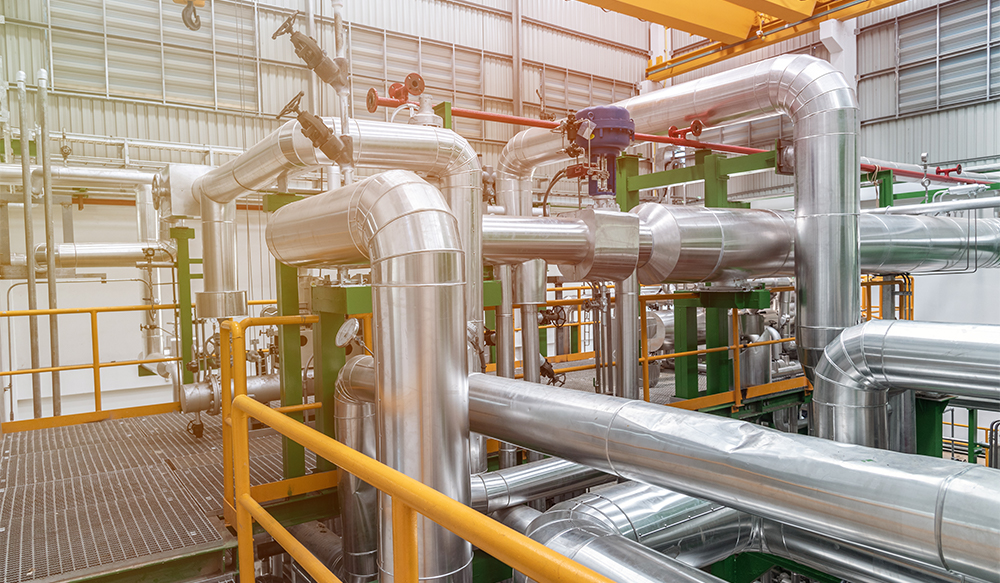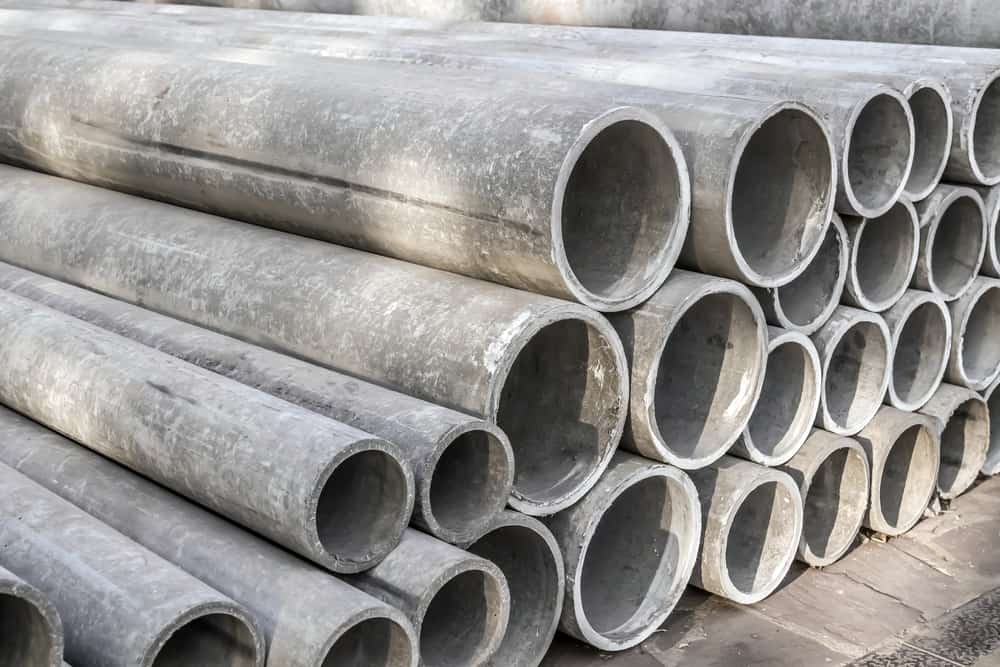
An Overview of Carbon Steel Pipe Grades and Their Applications
August 24, 2023Carbon steel pipes are a critical component in many industrial and residential applications. With their diverse range of grades, they offer the perfect solution for any application requiring added strength or corrosion resistance.
This article will provide an overview of carbon steel pipe grades and their various uses, including their unique properties and common applications. Additionally, we’ll touch on some of the important considerations when selecting the right grade for your project.
By understanding these aspects, you can make an informed decision that will ensure a successful installation and long-term performance from your piping system.
Properties of Different Carbon Steel Pipe Grades

Source: www.reliance-foundry.com
Carbon steel pipe grades are classified based on their chemical composition. Each grade is distinctive and has different properties that serve various applications.
For instance, A106 is a commonly used carbon steel pipe grade that offers excellent welding and forming capabilities as well as impressive tensile strength. Grade B pipes provide higher mechanical properties than the standard A53 piping material, making them suitable for high-pressure applications such as in oil and gas installations. Meanwhile, API 5L X52 pipes offer superior corrosion resistance compared to other types of carbon steels due to its inclusion of copper in its alloy makeup.
Additionally, this type of carbon steel pipe offers enhanced machinability characteristics allowing it to be cut efficiently into any desired shape or size. Finally, 1020 carbon steel pipes have an attractive finish, making them ideal for decorative pieces or custom fabrication projects requiring aesthetic appeal without sacrificing structural integrity.
Common Uses for Carbon Steel Pipes

Source: www.reliance-foundry.com
Carbon steel pipes are used in a wide variety of applications, from transporting liquids to structural support. They can be found in construction projects, industrial facilities, and process piping systems.
Common uses for carbon steel pipes include transferring water or gas from one location to another, providing structure and support for building frames, carrying food products through processing plants and warehouses, and many more. Carbon steel pipe grades range from low-carbon (A106) to ultra-high carbon (API X80/X120). The various grades offer different levels of strength and durability depending on the application requirements.
Some common uses include oil pipelines, natural gas lines, agricultural irrigation systems as well as automotive fuel delivery systems. Additionally they may also be used in chemical or petrochemical production plants due to their resistance against corrosion and excellent thermal conductivity properties.
In general terms they are known for being incredibly durable when compared with other materials making them an ideal choice when it comes to high-pressure applications that require reliable performance over long periods of time.
Considerations When Choosing a Grade of Carbon Steel Pipe

Source: www.appmfg.com
When choosing a grade of carbon steel pipe, there are a few things to consider. First, you must decide the intended application for the pipe.
Different grades of carbon steel are designed for different purposes and will perform better in certain scenarios than others. Secondly, think about what type of environment it will be used in – this can play an important role in determining which grade should be used as some may not work well under extreme temperatures or conditions.
Lastly, consider any potential safety concerns associated with certain grades due to their chemistry – these could include flammability or corrosion resistance issues that need to be taken into account before selecting your material. All of these factors should be considered when making your selection so that you get the most out of your pipes!
Conclusion

Source: www.pipsisland.com
Carbon steel pipe grades are one of the most important factors to consider when it comes to selecting the right type and grade of carbon steel pipe for use in any application. Carbon steel pipes come in a variety of grades, each with their own unique properties and applications.
The most commonly used grades include A53, A106, API 5L GR B/X42/X52, X60 & ERW Pipe which is suitable for various pipelines used across many industries such as oil and gas transportation, water systems etc. All these different types of carbon steel pipes have different strengths that make them ideal for different uses.
Regardless of what type or grade you need, you can be sure that there is a carbon steel pipe option available that will provide excellent performance in your desired application.


